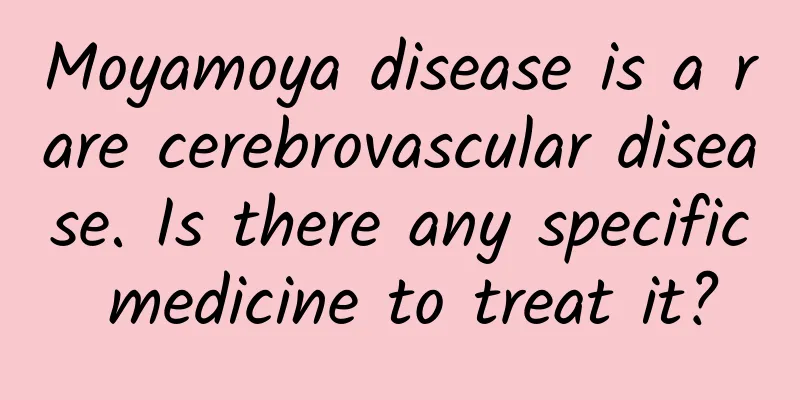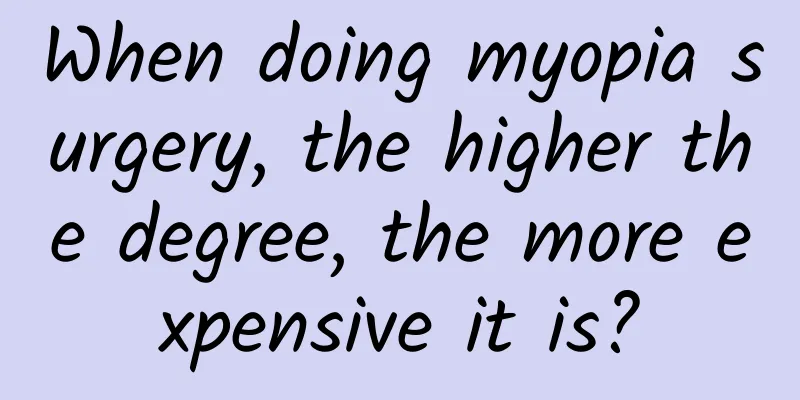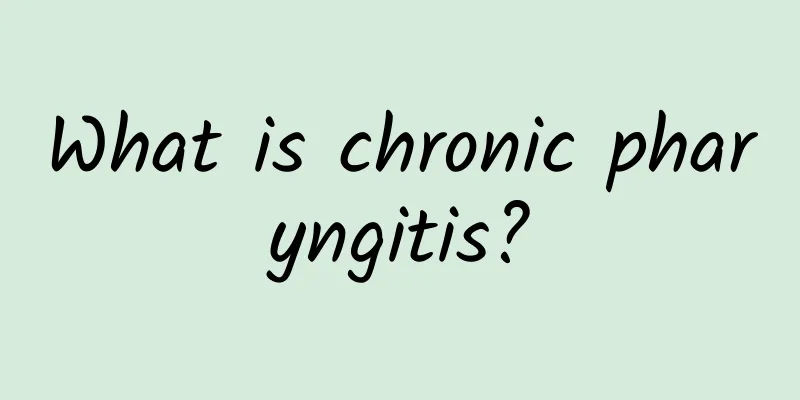Moyamoya disease is a rare cerebrovascular disease. Is there any specific medicine to treat it?

|
Recently, a patient came to the outpatient clinic. The patient is a 45-year-old male. He has a son and recently started dating a girlfriend. The other party requires buying a house before getting married. Thinking about the situation at home, the patient has a headache. Two months ago, the patient was in a bad mood and smoked at home. After smoking a few cigarettes, the corner of his mouth suddenly became crooked and he fell to the ground. After being sent to the hospital, it was found that he had cerebral hemorrhage. After further examination, it was found that the patient had moyamoya disease. The local doctor recommended that the patient undergo surgery. The patient refused, so he came to Beijing for treatment and asked if there was any specific medicine for the treatment of moyamoya disease. The main impact of moyamoya disease on people is cerebral stroke. For some reason, the large blood vessels in the brain of patients with moyamoya disease are blocked, and small compensatory blood vessels are formed around them. If the growth rate of the patient's compensatory blood vessels is faster than the occlusion rate of the large blood vessels, the patient's brain blood supply is sufficient and no abnormalities will occur. On the contrary, the patient's brain blood supply is insufficient, the brain is ischemic and hypoxic, and transient cerebral ischemia and cerebral infarction are prone to occur. The compensatory blood vessels formed around the brain are fragile and prone to rupture. When blood pressure rises, blood vessels cannot withstand the pressure and are prone to bleeding. Some patients are affected by vascular dynamics and have aneurysms. Rupture of aneurysms can also easily cause cerebral hemorrhage. There is currently no specific drug for moyamoya disease. Drugs such as aspirin and Plavix can only temporarily relieve the symptoms of patients with moyamoya disease, but cannot reduce the risk of stroke in patients. Some patients take drugs for a long time and still suffer from stroke in the end, thinking that long-term medication has caused drug resistance. In fact, the patient's moyamoya disease has been developing and has not been effectively controlled. This is because drugs can neither prevent the patient's vascular occlusion nor prevent compensatory vascular rupture. For patients with moyamoya disease, surgical treatment is recommended. There are three types of surgical treatment: direct revascularization, indirect revascularization and combined vascular bypass surgery. There is no difference between these three surgical methods. The specific surgical method to be used should be determined according to the patient's condition. After surgical treatment, the patient's brain blood supply is improved, reducing the risk of stroke. |
Recommend
Can I still get pregnant after having a tubal ligation?
If you want to avoid pregnancy during sexual inte...
What to do about vaginal dryness? Girls must know!
The vagina is not only an important organ for fem...
What is the normal hcg progesterone value for ectopic pregnancy?
When it comes to ectopic pregnancy, many people a...
Is breast swelling a sign of pregnancy?
Breast swelling refers to a situation in which wo...
Caesarean section for second pregnancy pain
If you want to have a second baby after a cesarea...
How many days after menstruation is the safe period for women
Menstruation is a physiological phase that every ...
How many days does it take for the fertilized egg to implant?
Generally speaking, in order for the fertilized e...
Fatigue, overeating, constipation, and cold can trigger myocardial infarction, so be alert if you have these symptoms!
Author: Tang Fakuan, Chief Physician of the Eight...
How is pizza made? Is pizza high in calories?
Pizza is a food originated in Italy and is very p...
What are the symptoms of fetal fire
What are the symptoms of fetal fire? Many people ...
How to use soda tablets to wash the vulva?
Women's private parts need timely care. Somet...
Why does a wool coat become hard? How to restore a wool coat that has become hard?
Wool coats are one of the must-have items in the ...
Can you get pregnant a week before or after your period?
In our lives, many women will try their best to h...
What causes uterine cysts?
In fact, there are many reasons that may cause ut...
What is the time for the fetus to enter the pelvis? What changes will occur when the fetus enters the pelvis?
We all know that after a certain stage of pregnan...









